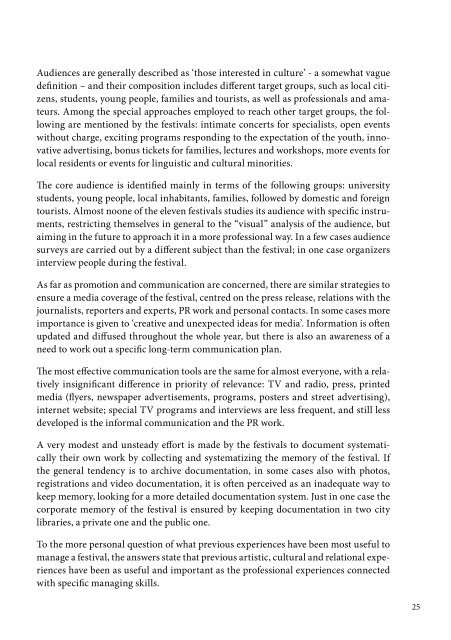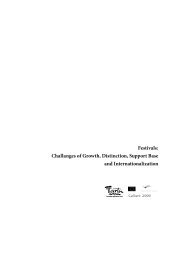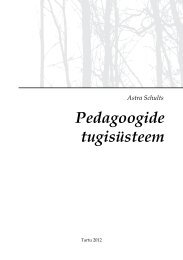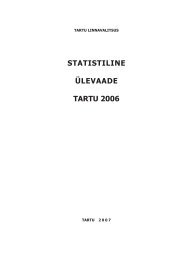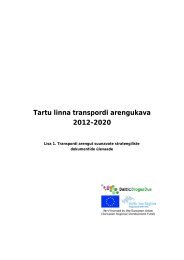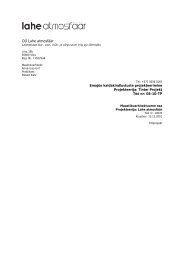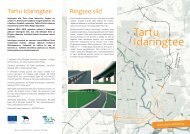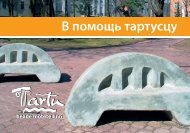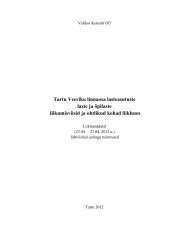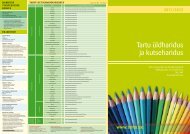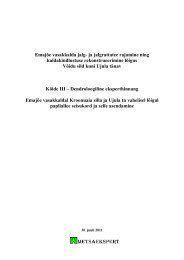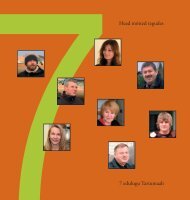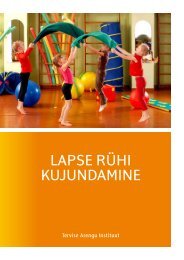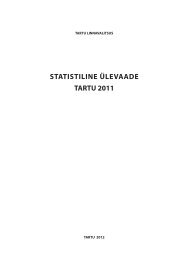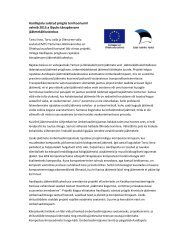Festivals - Fondazione Fitzcarraldo
Festivals - Fondazione Fitzcarraldo
Festivals - Fondazione Fitzcarraldo
Create successful ePaper yourself
Turn your PDF publications into a flip-book with our unique Google optimized e-Paper software.
Audiences are generally described as ‘those interested in culture’ - a somewhat vague<br />
definition – and their composition includes different target groups, such as local citizens,<br />
students, young people, families and tourists, as well as professionals and amateurs.<br />
Among the special approaches employed to reach other target groups, the following<br />
are mentioned by the festivals: intimate concerts for specialists, open events<br />
without charge, exciting programs responding to the expectation of the youth, innovative<br />
advertising, bonus tickets for families, lectures and workshops, more events for<br />
local residents or events for linguistic and cultural minorities.<br />
The core audience is identified mainly in terms of the following groups: university<br />
students, young people, local inhabitants, families, followed by domestic and foreign<br />
tourists. Almost noone of the eleven festivals studies its audience with specific instruments,<br />
restricting themselves in general to the “visual” analysis of the audience, but<br />
aiming in the future to approach it in a more professional way. In a few cases audience<br />
surveys are carried out by a different subject than the festival; in one case organizers<br />
interview people during the festival.<br />
As far as promotion and communication are concerned, there are similar strategies to<br />
ensure a media coverage of the festival, centred on the press release, relations with the<br />
journalists, reporters and experts, PR work and personal contacts. In some cases more<br />
importance is given to ‘creative and unexpected ideas for media’. Information is often<br />
updated and diffused throughout the whole year, but there is also an awareness of a<br />
need to work out a specific long-term communication plan.<br />
The most effective communication tools are the same for almost everyone, with a relatively<br />
insignificant difference in priority of relevance: TV and radio, press, printed<br />
media (flyers, newspaper advertisements, programs, posters and street advertising),<br />
internet website; special TV programs and interviews are less frequent, and still less<br />
developed is the informal communication and the PR work.<br />
A very modest and unsteady effort is made by the festivals to document systematically<br />
their own work by collecting and systematizing the memory of the festival. If<br />
the general tendency is to archive documentation, in some cases also with photos,<br />
registrations and video documentation, it is often perceived as an inadequate way to<br />
keep memory, looking for a more detailed documentation system. Just in one case the<br />
corporate memory of the festival is ensured by keeping documentation in two city<br />
libraries, a private one and the public one.<br />
To the more personal question of what previous experiences have been most useful to<br />
manage a festival, the answers state that previous artistic, cultural and relational experiences<br />
have been as useful and important as the professional experiences connected<br />
with specific managing skills.<br />
25


